While China may initially have planned to help Moscow offset the effect of Western sanctions, Beijing has now shifted gears after seeing its devastating impact on Russia’s economy, according to China analyst Antonio Graceffo.
Graceffo, an economic analyst, believes that Beijing may have known about the invasion then and pledged to help Moscow in the form of economic support.
“It looked like they [Beijing] were setting up … an economic shield to protect Russia against sanctions that might come from the Ukraine invasion,” Graceffo, also a contributor to The Epoch Times, recently told EpochTV’s “Forbidden News” program.
But the Chinese regime did not expect how devastating Western sanctions would end up being. The impact of sanctions on Russia, according to Graceffo, is unprecedented in magnitude and effectiveness.
“The economic damage that’s being done to Russia, it’s just absolutely catastrophic relative to the Russian economy,” he said.
As a result of certain Russian lenders’ removal from the global SWIFT payment system, other trade embargoes, and the exodus of Western businesses, the analyst said, “at least maybe 30 to 40 percent of the Russian economy, if not more, has just been wiped out by the sanctions”.
All told, Graceffo believed that Russia was looking at more than $700 billion in damage to its economy.
What’s more, Beijing risks being targeted by sanctions itself if it were to help Russia evade Western sanctions.
“If the West were to embolden themselves to stand up to China in the same way, to bring the same types of sanctions against China … it would bring down even China,” the expert said.
“I believe that China saw what happened to Russia. And this may be part of why they’re trying to change their stance now. They don’t want the same thing to happen to them,” he added.
In this scenario, both the United States and Europe would boycott trading with the world‘s second-largest economy—not to mention other economic powers that are its main trading partners including Taiwan, Japan, South Korea who would join in and cut off their trade deals.
In addition, foreign companies generating over half of China’s exports would withdraw from this Asian country.
Given these possibilities, the expert said that China is looking carefully at the strength of the West’s response to Russia’s aggression.
“If we show a weak reaction … China will then step up their workarounds [to Russia sanctions],” he said. “They'll do more of these workaround behaviors, and it will nullify a lot of the sanctions.”
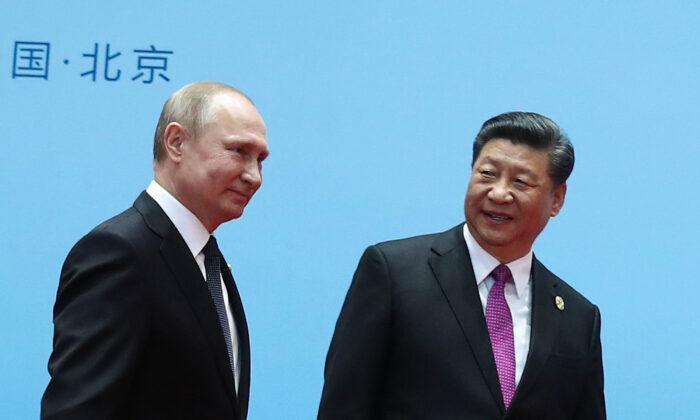

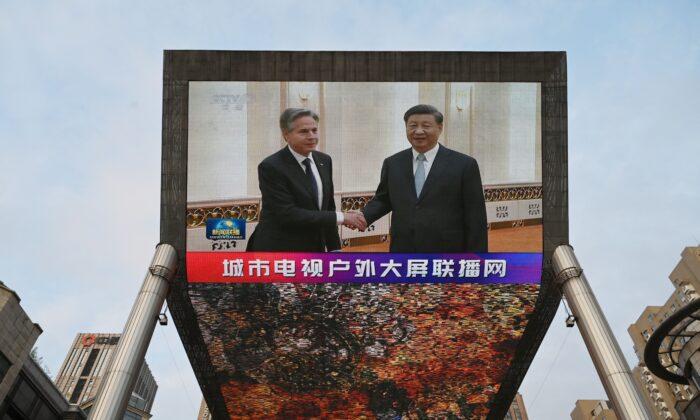
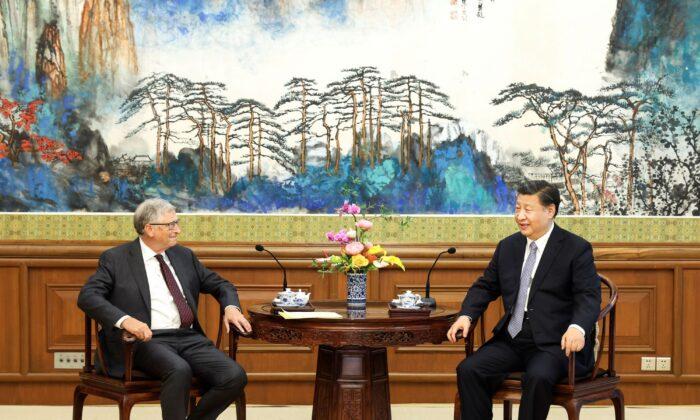
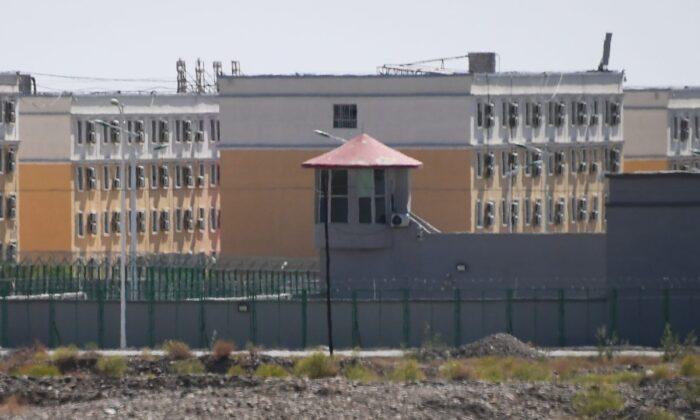
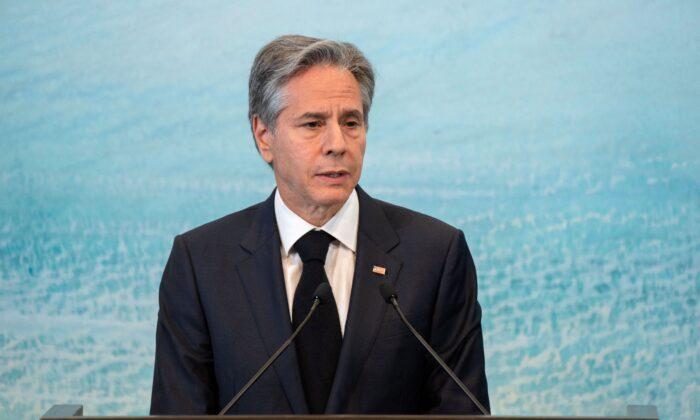
Friends Read Free